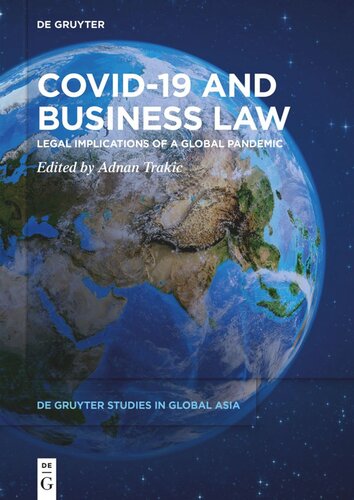

Most ebook files are in PDF format, so you can easily read them using various software such as Foxit Reader or directly on the Google Chrome browser.
Some ebook files are released by publishers in other formats such as .awz, .mobi, .epub, .fb2, etc. You may need to install specific software to read these formats on mobile/PC, such as Calibre.
Please read the tutorial at this link: https://ebookbell.com/faq
We offer FREE conversion to the popular formats you request; however, this may take some time. Therefore, right after payment, please email us, and we will try to provide the service as quickly as possible.
For some exceptional file formats or broken links (if any), please refrain from opening any disputes. Instead, email us first, and we will try to assist within a maximum of 6 hours.
EbookBell Team

0.0
0 reviewsHarmonisation of law, a term that refers to an effort to bring two different legal traditions in harmony with one another, has developed a rather negative connotation over time when mentioned in the context of Shari’ah and common law. Harmonisation began to be looked at as an attempt by one legal system to impose its values on the other. A major reason for that is the lack of understanding of the scope to which these two legal traditions converge. One of the principal findings of this book is that Shari’ah and common law have many more commonalities than differences. As a result, the need for harmonisation between the two might have been exaggerated. The similarities do not need to be harmonised. Rather, they need to be acknowledged and appreciated. If the differences between Shari’ah and common law, which undoubtedly exist as evidenced in this book, are approached from the position of appreciation for commonalities, the ambiance to reconcile the differences would be more conducive to the harmonisation process which would, in that case, be reflective of compromise. This book is intended to help readers better understand Shari’ah and common law and aid harmonization efforts when needed.